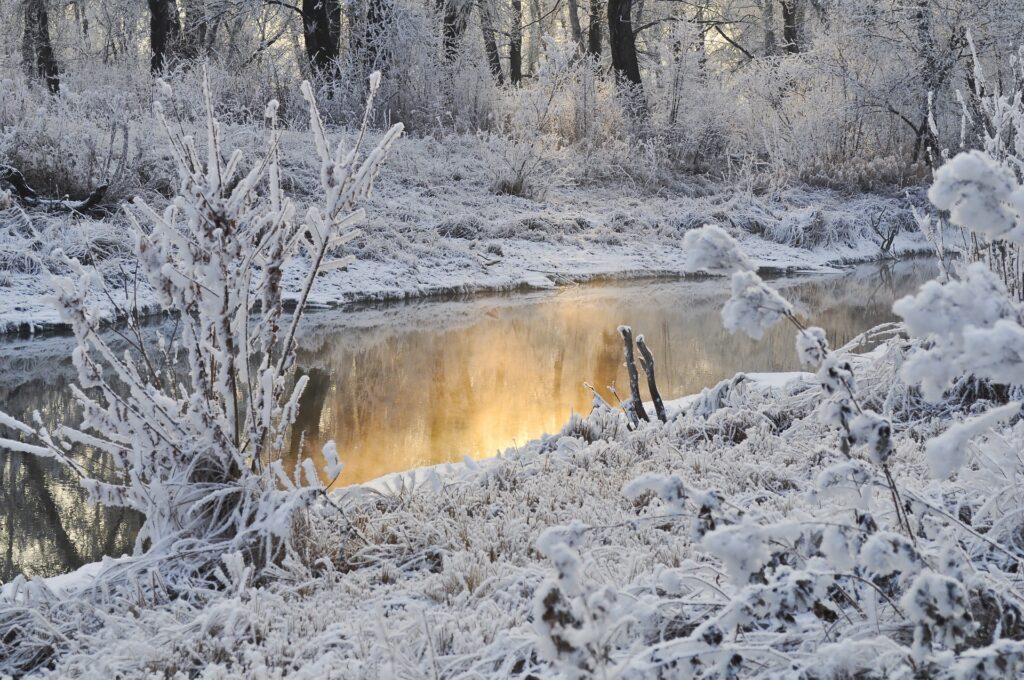
Self care is particularly important in Winter, In the West, this is the coldest and most Yin time of the year. The days are shorter, colder, darker, and usually damp. Nature slows down and conserves energy. This is the time for stillness, inner reflection and increased awareness. It’s a resting time for us to recuperate.
Self Care
The cold dark season is a time for inward reflection, rest and restorative sleep. It is a time to focus on self care. The Nei Jing, (the Yellow Emperor’s internal classic) tells us that ideally we should reduce our activity, go to bed early and get up late, “so as not to disturb the Yang at all”. Perhaps these ideas are not possible in the modern times we live in, but please do be kind to yourself in this winter season.
It’s important to make time to look after yourself. We can only take on so much for others without replenishing our energy – you can’t pour from an empty cup. Taking a break to do light stretching exercises such as Qigong can re-energise the spirits and improve productivity as well as relieving nagging aches and pains. The mindful movement releases those feel-good endorphins and helps keep the body strong and mobile.
When the season changes on December 21st, the Yin energy peaks and slowly transforms to Yang energy. It’s the beginning of when the light slowly returns and daylight grows longer. A most welcome change to those of us who have Seasonal Affective Disorder or SAD. Yay! This is triggered by lack of daylight but it’s not a new phenomenon. Ancient people had much to fear from winter (survival, warmth, food, etc.), and it makes sense that the natural emotions of winter are fear or depression.
According to Traditional Chinese Medicine (TCM), emotions are stored in the organs and tissues of our body. Imbalanced kidney Qi holds fear, depression, and paranoia. Balanced kidneys hold wisdom, awareness, and courage.
Winter is a time to conserve energy. We need to transform fear, depression, or fright into will, creativity, trust and tranquility. It is a time to practice self acceptance, listen to your body, and be patient with yourself. Patience and acceptance allow you to move at a slower pace which will help to restore your vitality.
The Water Element
Winter is a time to conserve energy, but not necessarily doing nothing. In Qi Gong thinking, Winter is associated with the element of water and the kidney organ meridian. Like water, we can practice “fluid movement.”
In TCM Winter is associated with the water element and the kidneys are considered as the energy storehouse. In Winter Qi Gong practice we focus on the “water organs” – the kidneys and urinary bladder. The water element also affects your spinal cord, brain, bone marrow, and bodily fluids.
Focusing on your back and legs will help to keep your kidney energy from being depleted in winter. The bladder channel runs down the back and there are many energy points in the back connecting to the kidneys, so keep the back warm. A cold back can harm not only the kidneys but the energy of the lungs and liver as well.
Cold legs can drain your energy and lead to later health problems, especially for people who have or have experienced heart problems. Keeping your ankles and feet warm can help to prevent colds and the loss of vital kidney energy.
During the winter season it is vital to relax and discover stillness within you. We need to focus on Qi Gong practices that are more inward rather than using a lot of physical effort. In this way, you are keeping in sync with nature and also preparing for the changes that will take place in the months ahead. But don’t think that winter is an excuse for becoming a “couch potato”. We still need to keep moving!
Let go and relax in your practice. Take time to rest when possible and, if you can, get some good quality sleep.
